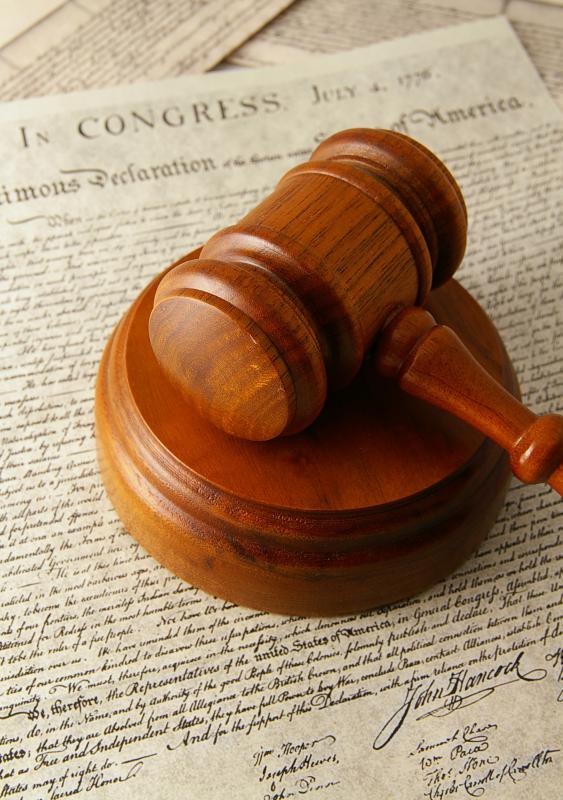Hello law knowledge seekers. In this article a brief discussion about Supremacy of Constitution is done. It is big question to every general person that "Why Constitution of India is Supreme law of land?". As Legal System in India allows judicial review and is also based on Common law, there is supremacy of Constitution of India.

Image Credit: www.wisegeek.com
The reason why the Constitution had to
be made the supreme law was that in addition to judicial review of
administrative action, the superior courts had to be given the power of
judicial review of legislation. These two powers of judicial review are
distinct from each other and are exercised at two different levels.
The rule of law is, therefore, to be distinguished
from the rule of the Constitution or that of the higher law in India. Even if
the latter or a part of it is suspended when the enforcement of certain
fundamental rights is suspended during emergency, the former would continue to
operate. The suspension of the rule of the Constitution or of the higher law is
intended to make legislation temporarily invulnerable. It can have, however, no
effect on the rule of the ordinary law which is directed mainly against
illegalities of administrative action. No difficulty is, therefore, experienced
in the co-existence of the Constitution with the pre-existing law. It is to be noted
that the fundamental rights are guaranteed expressly by article 13 only against
inconsistent legislation. Similarly, the Constitution is supreme law against
any inconsistent ordinary law. A fortiori, therefore, the fundamental rights
and the rest of the Constitution would prevail against administrative action.
This should not, however, cloud our understanding
of the basic purpose of the Constitution which was to provide the supreme law
as against legislation. For, before the commencement of the Constitution,
ordinary legislation, however unjust, had to prevail against the liberties of
the people based upon the common law or the principles of justice, equity and
good conscience. The effect of the Constitution was to place the fundamental
rights and other provisions of the Constitution above the ordinary law and to protect
them against any inconsistent legislation.
While legislation can be challenged as
being inconsistent with the Constitution, administrative action may be reviewed
on totally different grounds such as being based on mala fides or irrelevant
considerations or being without jurisdiction or showing apparent error of law
on the face of the record, etc. The existence of the Constitution and the
remedies given by it are not a sine qua non for obtaining judicial review
against administrative action by way of suits even though a more expeditious remedy
may be available by way of writ petitions when disputed questions of fact are
not involved. It would appear, therefore, that the suspension of the
enforcement of a fundamental right during Emergency should not affect the
ordinary remedy of judicial review of administrative action without seeking the
enforcement of a fundamental right as embodied in the Constitution and not
challenging the validity of any law but restricted only to the validity of
administrative action on the abovementioned grounds all of which have existed
from before the Constitution.
Even after the making of the
Constitution and enactment of relevant statutes, the ecology of the
Constitution and the statutes, is formed by "that part of common law which
has been received in India as rules of ‘justice, equity and good conscience’ as
suited to the genius of this country".

No comments:
Post a Comment